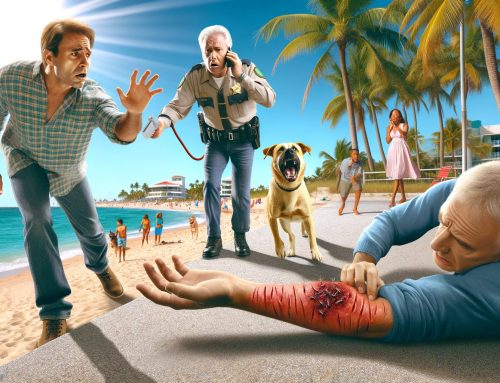During a personal injury deposition in Florida, both the plaintiff and defendant gather information to build their cases. The deposition involves attorneys questioning witnesses under oath, with their responses recorded by a court reporter. The collected information can be used in court to support each side’s case.
A new Florida statute impacts personal injury depositions for car accidents by altering admissible evidence for medical expenses in personal injury or wrongful death cases. The law sets specific guidelines for admitting evidence related to past and future medical expenses and requirements for disclosing information about letters of protection.
Key aspects of the new statute include:
- Limiting evidence of past medical expenses to the amount actually paid, regardless of the payment source.
- Restricting evidence for unpaid charges based on the claimant’s health care coverage, whether they possess coverage or not, and if they receive treatment under a letter of protection.
- Confined evidence for future medical expenses based on the claimant’s health care coverage status.
- No obligation for any party to seek a reduction in billed charges to which they are not contractually entitled.
- Exclusion of individual contracts between providers and commercial insurers or health maintenance organizations from discovery or disclosure as evidence.
In cases involving a letter of protection, claimants must disclose specific information, such as the letter of protection, itemized billings, details about accounts receivable sold to factoring companies or third parties, their health care coverage, and the person responsible for the treatment referral under the letter of protection.
The new statute also limits the damages claimants can recover for medical expenses in personal injury or wrongful death cases. Recoverable damages cannot exceed the sum of the amounts actually paid, amounts needed to satisfy charges for unpaid medical treatment or services, and amounts required for reasonable and necessary future medical treatment or services.
In summary, this new Florida law affects personal injury depositions by establishing strict rules for admitting evidence related to medical expenses and limiting recoverable damages at trial. This will change how deposition are conducted. The law aims to create a more efficient and transparent process for addressing medical expenses in personal injury and wrongful death cases.







